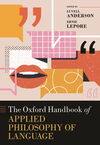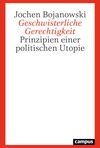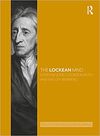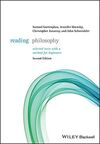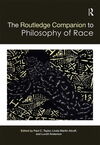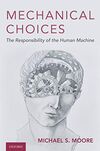This 2025 book demonstrates the importance of causation in the physical world. It details why causal mastery of natural phenomena is an important part of the effective strategies of experimental physicists.
- This 2024 book offers thought-provoking essays by leading and emerging philosophers that cover a broad range of areas where philosophy engages with linguistic aspects of our social world, including such hot topics as dehumanizing speech, dogwhistles, taboo language, pornography, appropriation, implicit bias, speech acts, and the ethics of communication.
- This 2024 collection of essays translated into Persian contains several articles on Kant's practical philosophy that were published between 2006 and 2021.
- This 2023 book argues for a new understanding of the idea of fraternity in political liberalism.
- This 2021 collection provides a comprehensive survey of Locke’s work, not only placing it in its historical context but also exploring its contemporary significance. Comprising almost sixty chapters by a superb team of international contributors, the volume covers the full range of Locke’s thought.
- This 2021 textbook provides a unique approach to reading philosophy. It contains texts, commentaries on those texts, and questions for the reader to think about. The texts cover diverse areas of philosophy, ranging over ethics, metaphysics, epistemology, philosophy of mind, aesthetics, and political philosophy.
- This 2020 book offers in one comprehensive volume 37 chapters by the world's leading analytic and continental philosophers on the history of philosophy and race, and examines how race might be investigated within the frameworks of contemporary philosophy.
- This 2020 volume brings together philosophers and psychologists to investigate the phenomenon of transformative change and a host of fascinating questions it prompts. The authors pursue fundamental questions concerning the nature of rationality, the limits of the imagination, and the metaphysics of the self.
- This 2020 book details how both morality and law presuppose the accuracy of common sense, a centuries-old psychology that defines people as rational agents who make honorable choices and act for just reasons. It defends that presupposition against four recent challenges posed by neuroscientists.
- This 2020 book rethinks Kant's views on human nature by making space for sex, love, and gender within his accounts of moral freedom. It is the first to develop a Kantian account of how to be a sexual, loving, gendered being in moral and emotionally healthy ways.

